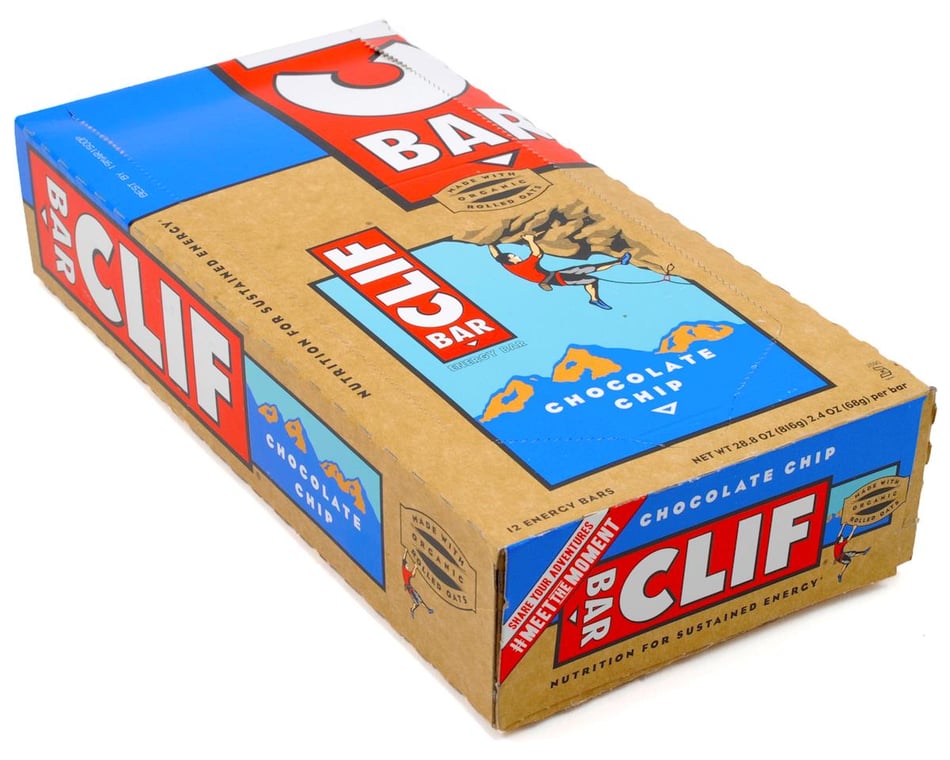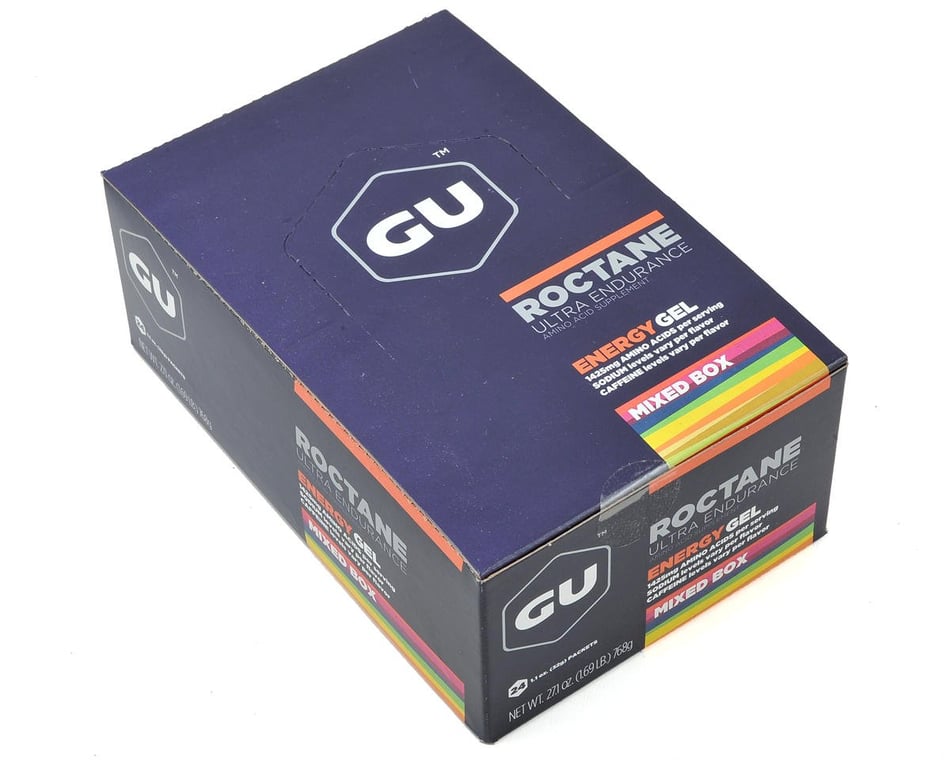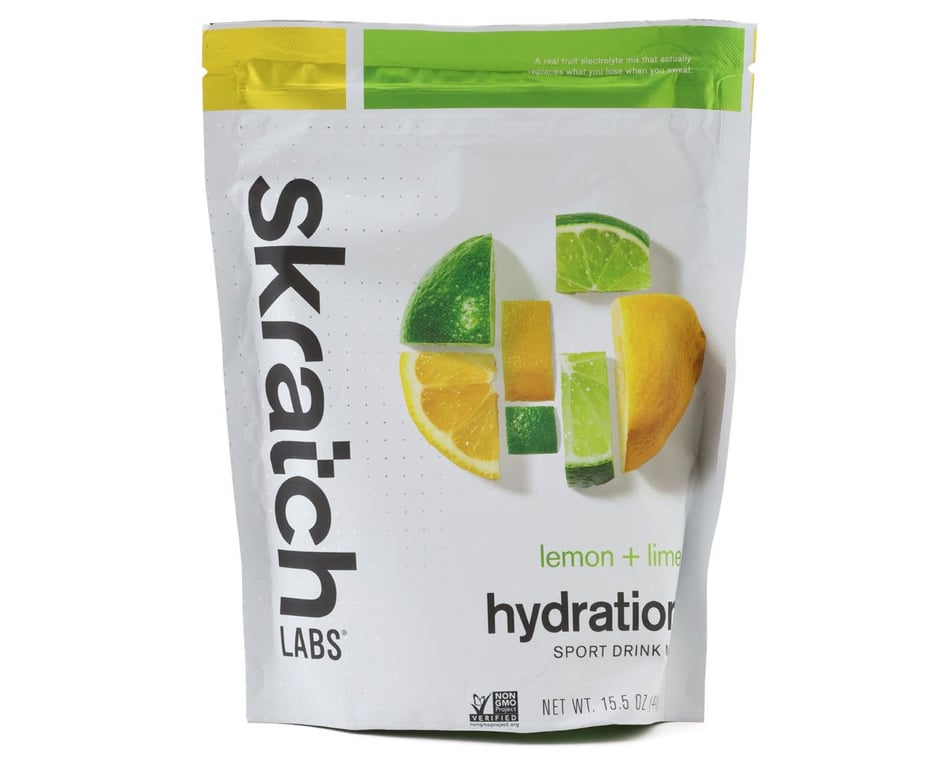Episode 1 Intro
Welcome to Couch to Crit, presented by NorCal Cycling! In this series, Jeff will take Logan from couch fitness to crit success. Jeff will use his 15 years of racing experience and highly educated guests to talk about everything that goes into being a successful cyclist.
Logan has a full-time job and a family like many of us and doesn’t have as much time as he would like to ride his bike. This series will focus on educating viewers to be effective and efficient with training, nutrition, and recovery. Follow along to see what you can learn and apply to your life to take your training and racing to the next level.
Episode 2 Training
Welcome back to Couch to Crit Episode #2. This episode is all about maximizing the time you have to train and mistakes to avoid.
While this can be true some of the time, it is important to recognize the phases of improving your strength and fitness. There are 4 phases: workout, recover, adapt, repeat. When you work out you are pushing your body and breaking down muscles. When you allow yourself time to recover, you allow your body to start the adaptation process. Your muscles and heart get stronger while the amount of red blood cells in your blood increases. Recovery and adaptation are often overlooked phase of cycling, but they can be more important that the training itself.
As mentioned above, a recovery day can be just as important as a workout day, but that depends on how often and how much you are able to ride. For many time-constrained athletes like Jeff and Logan, you must make the most of the days you can get on the bike. There is very little training adaptation if you do not push your body. It is important to remember that your easy days should be easy and your hard days should be hard. But those easy days can be days you don’t ride, meaning most rides will be workouts where you are pushing your body.
This is an endurance sport, and even for a 30min crit, endurance plays a huge roll on who crosses the finish line first. It is easy to get caught up trying to increase your sprinting power, but think of the sprint as the antenna at the top of a skyscraper. The rest of the skyscraper is your foundation, your overall endurance level. You want your foundation to be as big as possible. If your base isn’t big enough to get you to the end of the race with the front pack, there is no point in having a big sprint. You will lose the race well before you get close to the finish line. Focus on overall fitness and race tactics, rather than a sprint.
Focus on enjoying the process! Have process goals along the way that will keep you motivated day after day. Focus on training as opposed to whether you are currently winning or losing races. If you focus on the process and achieve one process goal after another, you will be achieving your big goals before you know it.
Episode 3 Nutrition
Episode #3 is all about nutrition. It’s important to note is that nutrition plans will be different for everyone and there are numerous factors to consider. The nutrition planned discussed in this episode is focused on criterium racing for a duration of 60 minutes.
It is important to be properly hydrated and ‘full’ of carbs, but done digesting before getting on the bike for a big effort. The body is usually in one of two states: resting and digesting, or fight/flight (exercising). The body is not capable of effectively digesting while riding hard on the bike. Make sure to give yourself 3-5 hours to digest a big meal before a high intensity ride like a criterium race.
Your goal should be to replenish as many of the calories/carbs you are burning as you can. This will vary based on a host of factors including: Age, years of riding, metabolism, body-type, genetics, gender and environment/climate are all factors that will affect how much nutrition you will need for your activity. There is no right answer for everyone.
It is important to get in a balanced ratio of carbs, fats, and proteins. Often there is a big emphasis put on protein for a recovery drink, but a good balance can be more beneficial to the recovery process.
Don’t forget that everyone is unique. Experiment on your training rides to see what works for you before any important event.
Episode 4 Equipment
Hop in a time machine and check out the bikes Jeff has been racing for the past 10 years. See all the upgrades he has made over time and which he thinks were the most beneficial.
It can be easy to think that you need the lightest and stiffest bike on the market to have success in criteriums, but that is simply not true. Factors like overall fitness and racing tactics far outweigh a marginally faster bike. But, we are all in this sport to have fun, and we won’t lie, new bikes or bike parts are part of that fun! And when we do have money to spend it can aid in training and even be some motivation to get out the door.
A good place to spend some money is on a power meter. When used correctly it will help you maximize your training take your racing to the next level.
Episode 5 Ready for Race Season?
In this episode of Couch-to-Crit, Logan has made big improvements through his sweet spot, low volume training provided by
Trainer Road. Additionally, Logan did a power test of 20min, 5min, 1min, and an all-out sprint to help guide the rest of his training. These tests are extremely important in tracking your training progress and identifying your overall strength and weaknesses.
Lastly, Logan got a bike fit, which made him more comfortable on the bike and more importantly aero! A proper bike fit is extremely important if you want to maximize the time you spend on your bike. Most local bike shops offer bike fits, so hit up your local shop and get one scheduled.
Follow along to see how Logan progresses and more tips for those looking to advance their training or start racing.
Episode 6 Logan's first race!
Couch-to-Crit is back with a breakdown of Logan's first race! Overall he did very well for his first time toeing the line. Logan and Jeff, aka NorCal Cycling, break down the footage to see where Logan can become more efficient and competitive for his next one.
Episode 7 Sprinting with 800 Watts?!
Logan is back racing and all the training and knowledge from Jeff is paying off! In this video, Logan and Jeff break down a classic 4 corner criterium course and highlight certain elements to focus on that can make us all faster and more efficient bike racers. Stay tuned until the last corner to truly see how important positioning is!
Finale Couch to Crit Season Finale!!
The inaugural season of Couch to Crit ends at the legendary weekend of Tulsa Tough. Logan takes all the fitness he has gained and everything he has learned to the races and leaves it all out there. Jeff and Logan break down Logan’s final races of the season to see what he has improved on and what Logan can take into his next racing season. If you are interested in being the star of next season, stick around for the end of the video to see how to enter.
A Small Mistake with BIG Consequences
2022 Copper Town Criterium
Our own employee, Jeffery, a bicycle product specialist, breaks down his latest race footage on the NorCal Cycling YouTube channel. Give it a watch to learn more about bike racing and how to get yourself to the top of the podium.
Nutrition
It’s important to note is that nutrition plans will be different for everyone and there are numerous factors to consider. The nutrition planned discussed in this episode is focused on criterium racing for a duration of 60 minutes.
It is important to be properly hydrated and ‘full’ of carbs, but done digesting before getting on the bike for a big effort. The body is usually in one of two states: resting and digesting, or fight/flight (exercising). The body is not capable of effectively digesting while riding hard on the bike. Make sure to give yourself 3-5 hours to digest a big meal before a high intensity ride like a criterium race.
Your goal should be to replenish as many of the calories/carbs you are burning as you can. This will vary based on a host of factors including: Age, years of riding, metabolism, body-type, genetics, gender and environment/climate are all factors that will affect how much nutrition you will need for your activity. There is no right answer for everyone.
It is important to get in a balanced ratio of carbs, fats, and proteins. Often there is a big emphasis put on protein for a recovery drink, but a good balance can be more beneficial to the recovery process.
Don’t forget that everyone is unique. Experiment on your training rides to see what works for you before any important event.



